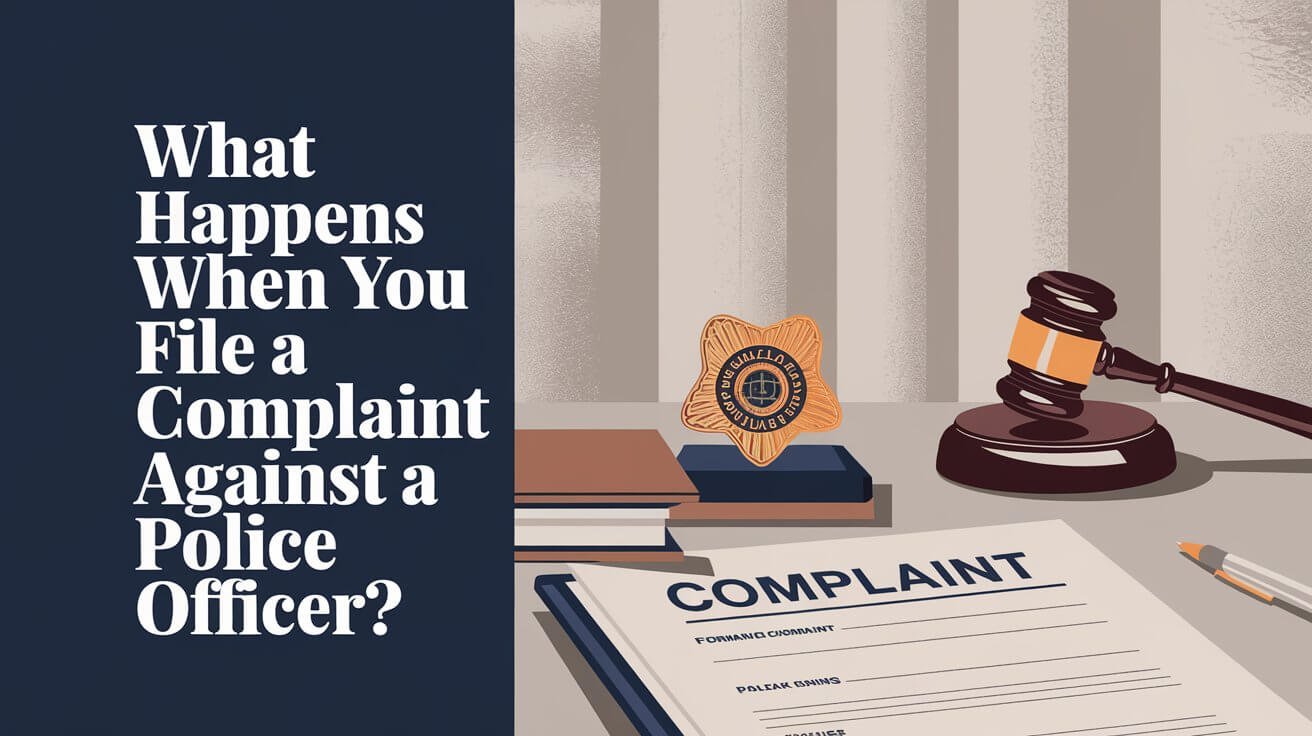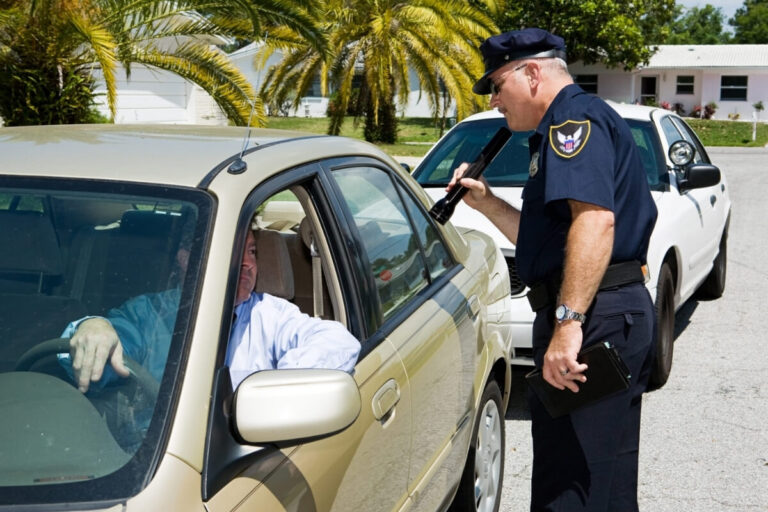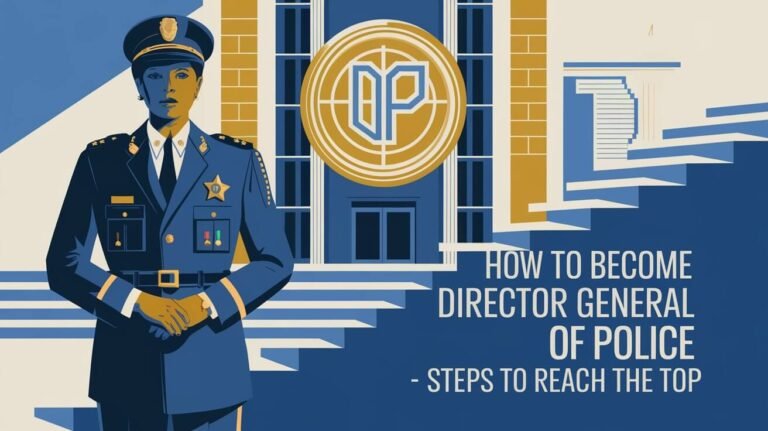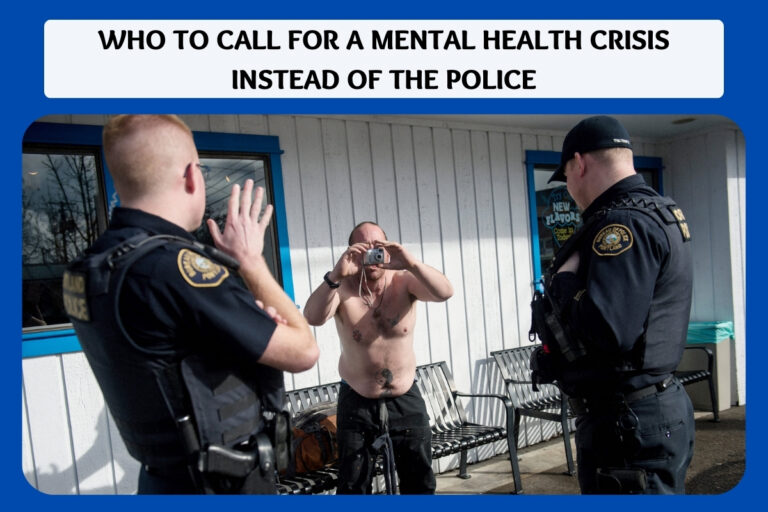What Happens When You File A Complaint Against A Police Officer?

Filing a complaint against a police officer is a key step in addressing misconduct. It’s a crucial action for seeking accountability and change. But, what happens after you file a complaint? Knowing the process can help people understand their rights and advocate for justice.
Filing Process Through Internal Affairs Departments
Filing a complaint against a police officer is a key step. Internal affairs departments handle these complaints. You can start by contacting the officer’s supervisor or using an online form.
Required Documentation and Evidence Collection
When you file a complaint, give as much detail as you can. Include a full description of what happened, the officer’s name, and any witnesses’ information. Also, add any photos, videos, or documents you have.
Time Limits for Complaint Submission
The time to file a complaint varies by place. Some places have a 45-day limit, while others are more flexible. Always check the local rules to file on time.
Contact Information and Submission Methods
How to file a complaint also varies. Big police departments often have online forms. Smaller ones might take complaints by letter or in person. You can find the internal affairs contact info on the police website or at the station.
Initial Steps After Police Misconduct Incidents
If you’ve faced police misconduct, like excessive force or racial profiling, act fast. Start by documenting the incident. Note the date, time, location, and the officer’s details. Also, get medical help for any injuries to document the harm.
It’s key to keep evidence for your case. Take photos of injuries or damage. Get witness contact info and ask for body camera footage if available. This evidence is crucial.
Before filing a complaint, talk to a criminal defense lawyer. They can help with the process and protect your rights, even if you face charges.
| Action | Importance |
|---|---|
| Document the incident | Establishes a record of the event |
| Seek medical attention | Creates a medical record of injuries |
| Preserve evidence | Strengthens the complaint with tangible proof |
| Consult a criminal defense attorney | Ensures your rights are protected during the complaint process |
Types of Police Misconduct Allegations
Police misconduct can include using too much force, racial bias, and abusing power. Each case needs solid evidence to prove the wrongdoing. This ensures a fair investigation.
Excessive Force Cases
Excessive force complaints often involve physical or emotional harm. They ask if the officer’s actions were justified. This judgment is made from the perspective of a reasonable officer.
Discrimination and Racial Profiling
Discrimination and racial profiling complaints involve unfair treatment based on race or ethnicity. They need proof of the officer’s bias or a pattern of unfair behavior.
Abuse of Authority Situations
Abuse of authority includes misconduct like coercion, theft, or sexual misconduct. It also includes ignoring someone’s safety. Detailed evidence is key to proving these allegations.
For any police misconduct claim, it’s important to provide clear details and evidence. This helps in a fair investigation and possible disciplinary actions. Understanding the different types of misconduct is a vital first step.
Role of Body Camera Footage in Complaints
Body camera footage is key in police misconduct cases. It offers clear evidence that can prove or disprove claims. People who file complaints should ask for this footage. But, getting it can depend on local rules and laws.
More police departments are using body-worn cameras (BWCs). In 2013, 25% of 500 agencies had them. By 2015, one company said 4,000 agencies bought their cameras. Now, 4,000 to 6,000 agencies use or plan to use BWCs.
Studies show mixed results on BWCs’ impact. Some say they reduce force and complaints. Others see little or no change. Still, the footage is vital for proving or disproving claims and for police transparency.
Many agencies check BWC footage regularly. In Arlington, Texas, supervisors check five recordings monthly. Atlanta does weekly checks on five officers and monthly on all.
Body camera footage is crucial in police misconduct cases. It helps make law enforcement more transparent and accountable. This builds trust between the police and the public.
What Happens When You File A Complaint Against A Police Officer
Investigation Timeline and Procedures
When you file a complaint against a police officer, the department starts an internal affairs investigation. The steps and time frame can differ from one agency to another. They usually start by collecting evidence, talking to witnesses, and looking at important documents.
Investigators might look for physical evidence, check records, and conduct interviews. They aim to understand what happened in the situation you reported.
Department Response Protocols
When a complaint is made, the department assigns an investigator. The officer accused is usually told about the complaint. But, how much they can talk about it depends on the department’s rules.
Departments have their own ways to make sure the review is fair and complete.
Communication During Investigation
Talking to the person who filed the complaint can be limited. Departments might not share much during the investigation. But, they should tell the complainant about big updates, like the investigation’s status and the final decision.
Keeping the complainant informed is key to building trust and ensuring accountability.
The internal affairs investigations, police disciplinary actions, and complaint review process are crucial. They help address police misconduct and keep law enforcement agencies accountable.
Rights and Protections for Complainants
When you file a complaint against a police officer, you have certain rights. These rights help ensure a fair and open process. They protect you from witness protection concerns, prevent retaliation, and keep your complaint private.
Many places let you file complaints anonymously. But, this might limit the investigation’s scope. You also have the right to legal help, which ensures your interests are looked after.
Some areas have special rules to keep your identity and statements private. This helps prevent retaliation and encourages more people to speak up. These rules are key to keeping your complaint safe.
It’s important to know your rights and seek legal advice if needed. This is crucial for a fair investigation and to hold police accountable. Understanding and using these rights helps ensure justice is served.
| Protection | Description | Timeframe |
|---|---|---|
| Anonymous Complaints | Ability to file a complaint without revealing one’s identity | Varies by jurisdiction |
| Confidentiality | Restrictions on disclosing complainant’s identity and statements | Duration of investigation |
| Legal Representation | Right to have an attorney advocate on the complainant’s behalf | Throughout the complaint process |
| Anti-Retaliation Measures | Protections against any form of retaliation for filing a complaint | Ongoing |
Independent Oversight Agencies and Their Functions
Independent oversight agencies are key in tackling police misconduct. They add an extra layer of scrutiny and accountability. These agencies exist at local, state, and federal levels.
Civilian Review Boards
Civilian review boards at the local level handle complaints against police. They are made up of community members. These boards look into misconduct allegations and ensure police respond to community concerns.
State POST Commission Role
The state Peace Officer Standards and Training (POST) commissions set conduct standards for officers. They also investigate serious misconduct. These agencies can revoke or suspend an officer’s license, holding them accountable.
Federal Oversight Options
The Department of Justice’s Civil Rights Division oversees federal civil rights enforcement. They investigate systemic police issues and civil rights violations. Through independent investigations, the DOJ aims to fix unconstitutional policing practices.
| Oversight Agency | Level of Jurisdiction | Key Functions |
|---|---|---|
| Civilian Review Boards | Local | Review complaints against police officers Recommend actions to address misconduct Ensure police accountability to the community |
| State POST Commissions | State | Set standards for officer conduct Investigate serious misconduct allegations Have the authority to revoke or suspend officer licenses |
| Department of Justice’s Civil Rights Division | Federal | Investigate systemic issues within police departments Address violations of people’s civil rights Enforce federal civil rights laws |
Legal Considerations and Documentation
Filing a complaint against a police officer involves understanding legal aspects and what documents you need. Lawsuits for police misconduct can be complex. They often deal with keeping evidence, strict statutes of limitations, and how they might affect ongoing criminal cases.
Having the right documents is crucial for a strong case. You’ll need medical records, witness statements, and any video footage. Getting advice from a lawyer who knows police misconduct can help. They can explain your legal options, like suing for damages or civil rights violations.
- Preserve Evidence: Collect and keep safe all important evidence, like photos, videos, and written accounts of the incident.
- Understand Statutes of Limitations: Know the time limits for filing a complaint. These can change based on where you are and the type of misconduct.
- Consult with a Specialized Attorney: A lawyer who deals with police misconduct lawsuits can guide you. They can help protect your rights.
Going after law enforcement for misconduct is tough. But it’s key to hold officers accountable and seek justice for those harmed. By following the right steps and keeping your documents in order, you can improve your chances of success.
Alternative Complaint Resolution Methods
In some places, people can use methods other than the usual investigation and punishment. These include mediation programs. Here, the person who complained and the officer meet to find a solution they both agree on. Restorative justice is another option, focusing on fixing the harm and rebuilding trust.
Community policing is also a way to improve relations between police and the public. It helps address concerns and find solutions. These methods can lead to better outcomes for everyone and help improve how police work.
The availability and specifics of these methods can change based on where you are. If you’re filing a complaint, ask about these options. They can help in finding a more collaborative and meaningful solution.
Common Queries
What happens when you file a complaint against a police officer?
Filing a complaint against a police officer starts an internal investigation. You can submit it to the police department’s Internal Affairs division, state agencies like POST, or independent bodies. You’ll need to give details like the date, time, location, and a summary of what happened.
Keep copies of all your documents. It’s a good idea to talk to a lawyer who specializes in police misconduct before you file.
How do I file a complaint through the Internal Affairs department?
Internal Affairs handles complaints against police officers. You’ll need to provide a detailed description of the incident, officer information, witness statements, and any evidence like photos or videos. The time limit for filing varies by area.
Most big police departments have online forms for complaints. Others accept them by letter or in person. You can find the contact info on the police department’s website or at the station.
What should I do after experiencing police misconduct?
After police misconduct, document everything including the date, time, location, and officer details. Get medical help for injuries and keep evidence like photos. Also, collect witness info and any video footage, including from body cameras.
Talking to a criminal defense attorney is wise if charges are pending before you file a complaint.
What types of police misconduct allegations are commonly filed?
Common complaints include excessive force, discrimination, racial profiling, and abuse of authority. Excessive force cases often involve physical or emotional harm. Discrimination and racial profiling might include unlawful searches or stops.
Abuse of authority covers many situations where officers misuse their power. Each type needs specific evidence and documentation to support the complaint.
How does body camera footage impact police misconduct complaints?
Body camera footage is key in police misconduct complaints, offering clear evidence of incidents. Requesting access to this footage is important. The availability of footage depends on local policies and laws.
It’s crucial for supporting or refuting allegations and promoting transparency in law enforcement.
What happens after I file a complaint against a police officer?
After filing, the department starts an investigation. The process varies but usually involves gathering evidence, interviewing witnesses, and reviewing documents. The department may assign an investigator and notify the officer involved.
Communication during the investigation might be limited. But you should be informed of major developments and the final outcome.
What rights and protections do I have as a complainant?
As a complainant, you have rights and protections. These include confidentiality, protection against retaliation, and the right to legal representation. Some places allow anonymous complaints, but this might limit the investigation.
Be aware of your rights and seek legal advice if you feel they’re being violated during the process.
What role do independent oversight agencies play in police misconduct complaints?
Independent oversight agencies add scrutiny to police conduct. Local Civilian Review Boards review complaints and suggest actions. State POST Commissions set standards and may investigate serious misconduct.
The Department of Justice’s Civil Rights Division can investigate systemic issues in police departments at the federal level.
What legal considerations should I be aware of when filing a police misconduct complaint?
Legal considerations include preserving evidence, understanding time limits, and potential impacts on criminal cases. Documenting the incident, medical records, and witness statements is essential. Consulting with a lawyer specializing in police misconduct can guide you on legal options, including civil lawsuits.
Are there alternative methods for resolving police misconduct complaints?
Some places offer alternative ways to resolve complaints. These include mediation, restorative justice, and community policing initiatives. These methods can lead to better outcomes for both parties and help improve law enforcement practices.






